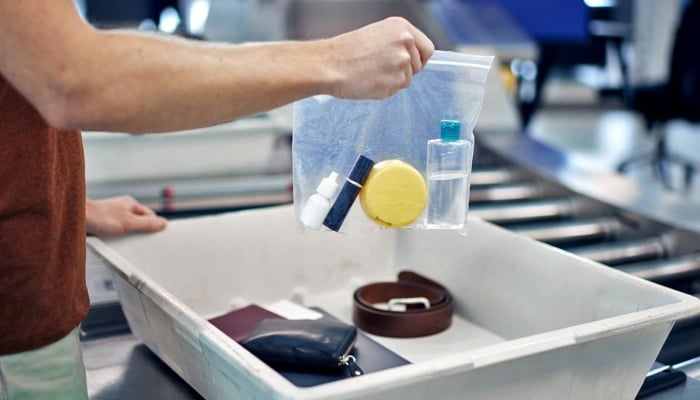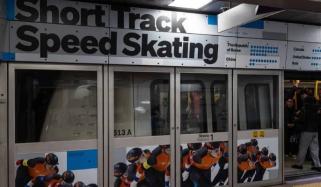
Despite advancements in airport security technology, UK and EU airports continue to enforce the 100ml liquid rule for carry-on luggage.
Some EU locations temporarily eliminated the restriction, but due to a technical issue with new security scanners, the rule has been reintroduced.
This means travellers cannot pack large bottles of liquids in their hand luggage when they reach the airport.
It questions the reasons behind this change and whether there will be a return to stricter regulations.
The new restriction also discussed the use of CT X-ray technology to potentially allow larger liquid quantities and laptops to pass through security.
A few EU airports, such as those in Rome and Amsterdam, have already implemented them and loosened their regulations.
An estimated 350 of these scanners are currently in operation in 13 EU nations, including Germany, Ireland, Italy, Lithuania, Malta, the Netherlands, and Sweden, according to the Airports Council International (ACI) Europe section.
The EU has reinstated the 100ml liquid restriction due to a technical issue with new equipment.
The specific nature of the issue has not been disclosed.
Reports indicate that some liquid containers may not have been adequately scanned while being transported in bags.
Despite expectations, UK airports did not eliminate liquid restrictions for hand luggage this year.
By June 2024, the previous Conservative government required security lanes to be fitted with advanced scanning technology.
However, the Department of Transportation abruptly declared in the middle of June that the previously repealed 100-millilitre liquid limitations had to be reinstated.
In late July, the European Commission announced a new restriction on individual liquid containers, limiting them to no more than 100 millilitres.
It declared that "swift technical solutions" will be created and that it was taking the step "in alignment with the EU's international partners."
The UK government has acknowledged the need for improvements following the discovery of new information.
However, the duration of this restriction has not been specified yet.















